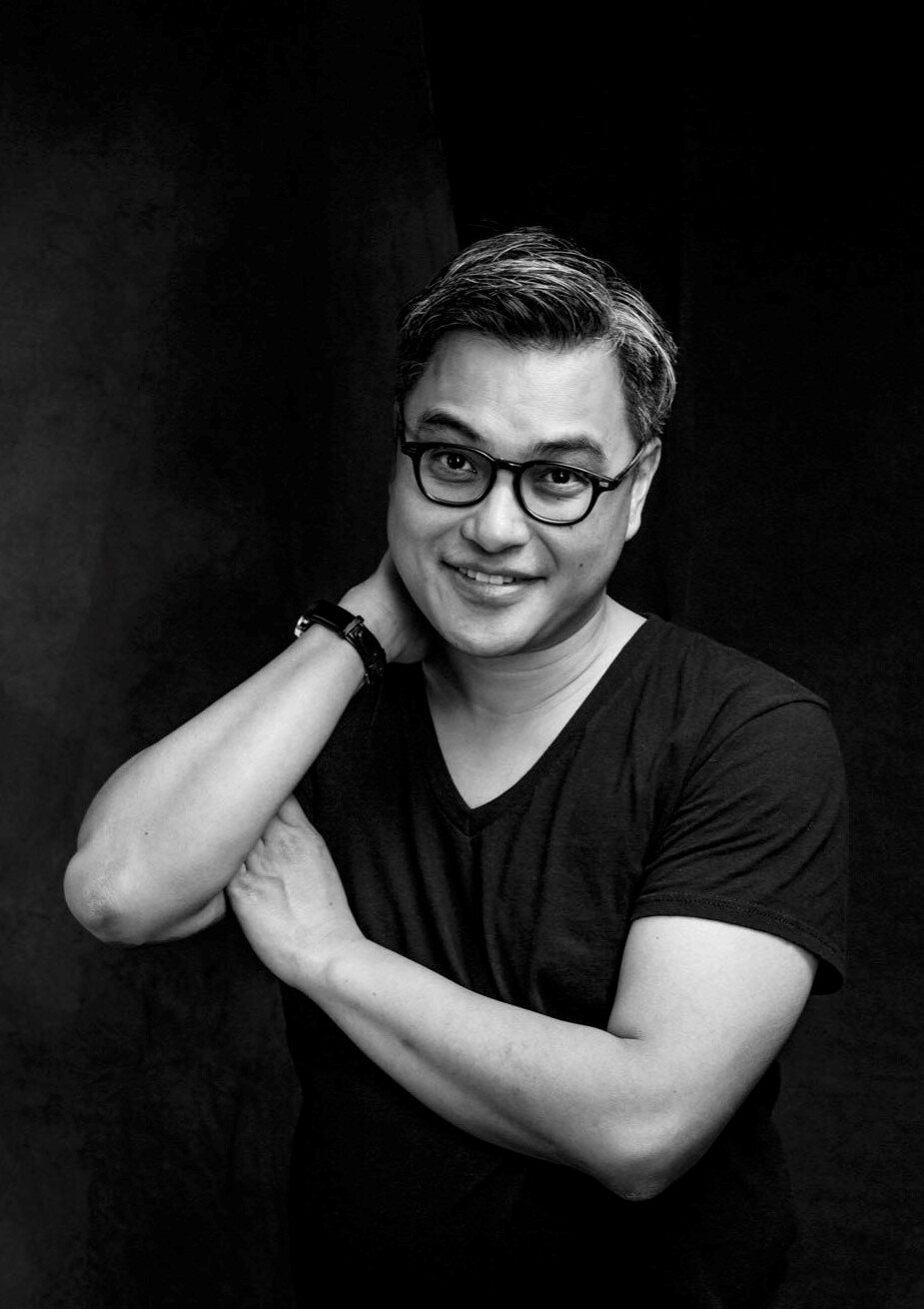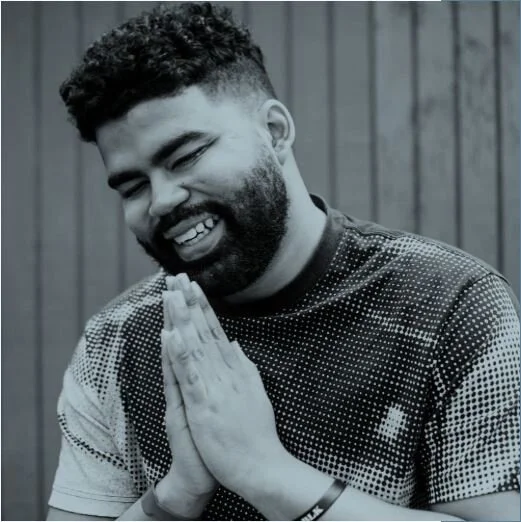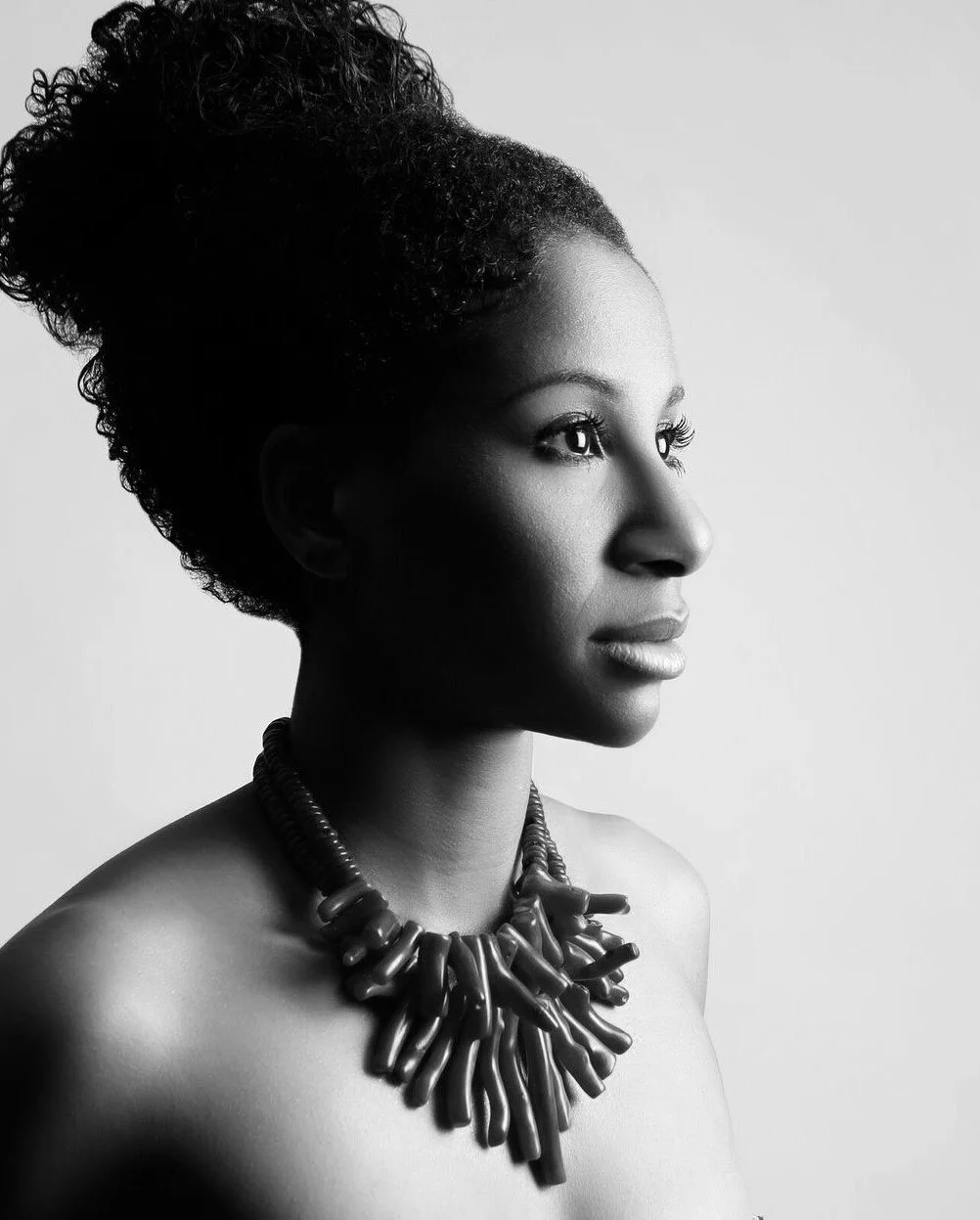SUSAN BRIANTE
Susan Briante, a poet, essayist and translator, is the author of books of poetry: Pioneers in the Study of Motion, Utopia Minus, and The Market Wonders. Her research and teaching interests include poetry and poetics, creative nonfiction, cross-genre writing, experimental autobiography, documentary studies, affect theory, and translation. Defacing the Monument, a series of essays on immigration, archives, aesthetics and the state, will be published by Noemi Press in 2020.
Interview by Isabelle Sakelaris
In an excerpt from Defacing the Monument, your forthcoming book from Noemi Press, you quote Muriel Rukeyser’s statement, “Poetry can extend the document.” In a world where many believe in the concept of “fake news,” has the practice of documentary poetry become more urgent, or do we just notice its urgency more?
The brazenness of the Trump administration certainly feels particular to this moment. But let’s not forget the unnamed official from President George W. Bush’s administration (later suspected to be Karl Rove), who during the Iraq war, told journalist Ron Suskin: “People like you are still living in what we call the reality-based community. You believe that solutions emerge from your judicious study of discernible reality. That's not the way the world really works anymore. We're an empire now, and when we act, we create our own reality.”
Honestly, there’s been a kind of fake news quality to official history since this country began. The reality some of us experience can diverge dramatically from the experiences of others. And the experiences of many contradict the myths of this country. Still what feels radically different about the past decade or so is the ease with which we can share photographs and video that allow many people to broadcast the violence and injustices they have experienced that were not visible to others.
In in such times, documentary poetry or documentary art can be useful in contesting and contextualizing, in showing us that present injustices and violences are connected to our histories and systems. They can help to point out that this moment is not an exception. Once we see those trajectories and connections then we can begin to theorize our relationship to the present moment and how to respond to it.
Later on in the excerpt you write that mainstream journalism has a “tendency toward representing opinions that favor middle-class white stability.” Who, then, is the audience for documentary poems? Is documentary poetics an exercise in breaking that tendency to reveal a different truth to the white middle-class? Or does it empower those who do not identify with those categories?
As recently as 2018, the Pew Research Center concluded that newsroom employees are “more likely to be white and male than U.S. workers overall.” Furthermore, they found, “More than three-quarters (77%) of newsroom employees – those who work as reporters, editors, photographers and videographers in the newspaper, broadcasting and internet publishing industries – are non-Hispanic whites…” When everyone comes from a similar socio-cultural background it is much easier to overlook or deny experiences that do not resemble one’s own. It is harder to see one’s own complicity within a system of oppression.
I need to make clear: I started my writing career as a journalist. And there are many, many journalists doing amazing work. But the system, as a whole, has vulnerabilities. Mainstream journalism is a commodity. It has to sell. It depends upon money and market share. It concerns itself with power. And in its relationship to power, journalism often wittingly or unwittingly concerns itself with pleasing those in power, who are wealthy and white and (usually cis men).
I don’t think for a second there’s something intrinsic about poetry or documentary poetics that makes it different. There are economies and power dynamics that operate in poetry as well. White supremacy and patriarchy are everywhere. Still, the startup costs for a poem are relatively low and that allows for the possibility that writers and publishers who aren’t part of an “establishment” or a “mainstream” can put their work and their perspectives out into the world. No one worries that the poem be “fair and balanced” and that allows for some very particular and very difficult truths to be made evident on the page.
Defacing the Monument, 2020, Noemi Press
How do empathy and intention figure into “extending” or revising the document? Is there a limit to the extensions and revisions that can be made? What responsibility — if any — does the writer have in regard to telling the truth, and how?
The writer has a responsibility to truth and a responsibility to an ethics of respect for the truths of their subjects, especially when the people they write about occupy very different subject positions than they do. That requires something that perhaps goes beyond “empathy.” The Pulitzer Prize winning journalist Katherine Boo, who wrote a book following the lives of impoverished families in Mumbai, uses the term: “the earned fact,” which I find very provocative. She writes:
I have a few friends who do immersion journalism, and we talk about the earned fact. It’s one thing to walk in and say, “Okay, it’s dirty,” and another thing to be in an environment where you’re choking and sick and thinking — how would I go about making my living? You feel admiration and a kind of wonder for what it takes to get out of poverty when the environment itself is trying to keep you in your place. The sewage lake — I swam in that. My feet were stained for days. You have a different understanding of what that’s like once you’ve had, literally and metaphorically, a dip in it.
And, still, just because you “dip in” someplace you can’t ever fully “dip” into the subject position of another. Empathy is not enough. I’ve written about this elsewhere. I like the way that instead of empathy, Buddhist philosophy stresses compassion as feeling that can be very uncomfortable but can lead to action.
You’ve got to accept your own prejudices and ignorance and try as much as possible to make adjustments. These questions of responsibility are very much relational and linked to our shifting and relative power and privilege as well as to the social histories of our subject positions.
Is the relationship between writer and speaker different in documentary poetry than in non-documentary poetry?
Do you mean the difference between the author and the “narrator” or speaker on the page being different in a documentary poem than in a non-documentary poem?
Yes, that is what I meant.
Perhaps the expectations of the reader will be different. When I work in the documentary tradition, I am asking my reader to accept certain things as facts — hopefully earned facts — and to trust me.
Can documentary poetics have the same performative qualities as legal documents? That is, can they affect real change in a person’s life, for example, “turning the migrant men and women who stand before the judge into criminals?” Why or why not? Where does that performative power exist? In the words on the page? In the human subject?
The other night I attended the reading of an African American poet, who read works about violence against African Americans in front of an audience of mostly middle-aged white folks. And as she read her poems you could hear this audible sigh from many of the white women in the audience, who were clearly being affected by her poems. And these are AMAZING and AFFECTING poems. But I have heard that sigh, so very many times over the many years that I have been in many audiences. And I just want to say: Stop sighing. Stop being content with your sighs and start doing something. White empathy can fail in many ways. I’ve seen it. I’ve succumbed to it. There’s a way in which “white feeling” for the suffering of others becomes a commodity in and of itself. And it’s a useless commodity when it is not downright destructive. Feeling is just the first part. One hopes the work moves the audience to action that is where its potential power exists.
How much time do you spend researching for a documentary poem before writing it? What is your research process like? Furthermore, how do you go about “tuning into alternative archives?”
I think it depends upon the work. There’s more information available to us as writers than ever before. But it is important to be judicious in how we use it. I’m suspicious of the notion of “giving voice.” Everyone has a voice. Not everyone has access to a platform from which to make that voice heard. Not every voice gets treated with the same amount of respect. Not every voice is given the benefit of being believed. As writers we need to take that into account. We should not be “extracting stories” from people like some kind of raw material. Furthermore, we don’t want to use knowledge or testimony to confirm our existing logics. We need to be explorers and not conquerors to let the knowledge transform us.
I think one naturally tunes in to alternate archives because of the limits of the official archives and official histories, because our intimate histories are often unarchived.
You co-coordinate the writing program Field Studies Southwest, which brings MFA students to the city of Nogales on the U.S.-Mexico border to work with community-based environmental and social justice groups. How has this work informed your forthcoming book?
Our students are actually in residence in Patagonia, Arizona about twenty minutes from Nogales. But they do travel to Nogales. When I began working with the Field Studies in Writing Program, I thought I was going to write a book about migration. In reality, I’ve written a book, Defacing the Monument, about what it means to witness the humanitarian crisis on border (a crisis produced in many ways by US policies) as a (white) writer and a citizen. It is a thinking through of what it means to be a witness and an inventory of strategies out of which to write from that position.
I want the book to continue the legacy of a work like James Agee’s Let Us Now Praise Famous Men that documents while interrogating the documentary act. (I hope without some of Agee’s self-indulgence…although I love his book.) And I hope it might serve as a guidebook for anyone who wants to write or offer aid in this moment of crisis.
Artists working in other media have taken up the task of “extending” documents through visual art. Here I am thinking of, for example, multidisciplinary artist Bethany Collins, whose work A Pattern or Practice (2015) consists of a 91-piece wall installation of the U.S. Department of Justice’s report on the Ferguson Police Department, blind embossed on Somerset paper. What do you make of the artistic impulse to respond to legal documents and current events, through any medium, visual or literary? Why is art —something so amorphous — the answer?
I’m not sure art is always the answer. I think art can be the answer depending upon what it asks its audience to do.
The writer Cathy Park Hong wrote an amazing reflection “Against Witness” on the art of Dolores Salcedo. The Colombian artist creates sculptural pieces inspired by violence in Latin America, but the works are not representational. They are chairs encased in concrete, upended cribs. In her reading of such works, Hong disrupts a privileged view of witnessing. Hong approaches Salcedo’s work as objects from an Other, who can never be accessed. It is the “infinite proximity” between viewer and Other that ignites feeling or meaning in this work, Hong concludes. She explains: “I can never metabolize what you went through, yet I cannot escape your disquieting sadness, the burden of your solitude…How it unfolds even when I leave this space. What has become of you? What could have gone through your mind?”
Ultimately, I think the best documentary work even when it is not a traditional documentary does more than asking us to peer into the lives of another, to sigh, and then turn the page. Whether we write about migration or poverty or any kind of injustice or oppression, it is not enough to ask readers to accept that “these people are people” or “these people are just like us.” I’m drawn to work that forces us to sit with uncomfortable truths, to understand the ways in which we are connected and complicit in the suffering of others, because it is out of that connection and complicity that we can begin to work toward change.
Read more about Susan and her published works on her site.
You might also like our interviews with these writers:
Isabelle Sakelaris is an art writer and aspiring poet who lives and works in New York City.







